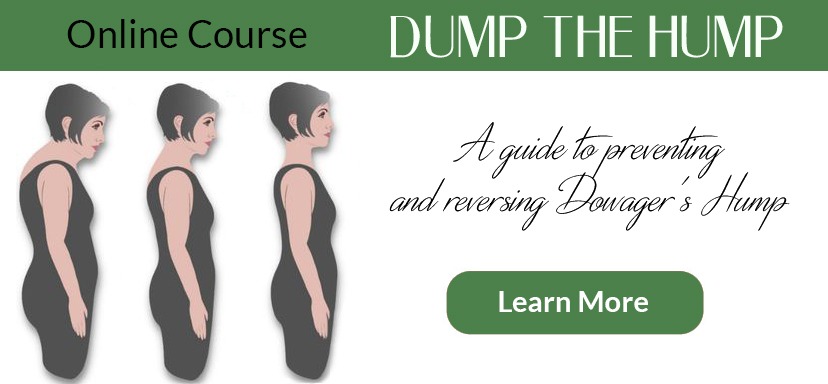As the research tells us, among the many benefits from being more grateful, stress reduction tops the list. That’s good news for all of us living in America today, no matter our age, but for older adults it is especially good news. Our science lesson for today: from the time we enter this world until menopause, our bodies have the equivalent of a protective suit of armor—our hormones.
At the beginning of our life journey, our hormones, especially estrogen, progesterone, and testosterone (for men and women) called “the sex” hormones, protect our organs, blood vessels, bones, and brains to a significant degree from the damage that stress hormones can do to our bodies. The stress hormones include cortisol and DHEA, accompanied by the additional chemical reactions related to cortisol output.
Hormones Protect us From Stress
The term “bullet-proof” to describe the young proves very true. When we were younger, this protective armor of hormones allowed us to stay up all night and feel few effects; to possibly drink with abandon, and still be at work on time. We could work a hundred hours a week, week after week without suffering too much if we got a few days off to “recover.”
Even during personal crises—losing a parent, or breaking up with the love of our lives—that protective armor stayed in place, shielding our bodies from complete breakdowns by sending healing chemicals like the infantry to rapidly repair any damage, leaks, or cracks that may have resulted.
Protective Hormones Decline with Age
Once we reach mid-life and post-menopause, our armor vaporizes and we become exposed and unprotected from the elements and arrows that can pierce deeply into our organs and cause havoc. I do not need to describe all the little aches, pains, forgetful moments, and body and mind misfirings we begin to experience. We all know what they are, and we live with them. The sins of youth come back to occupy space and clamor for attention in our aging selves. It now becomes imperative to manage our stress, and adopt changes to make the second half of our lives as vibrant as the first.
And the good news is … we can!
Stress is the number one cause of premature aging and cognitive decline. With years of research behind them, Dale Bredesen, MD, author of The End of Alzheimer’s, and Robert Sapolsky, PhD, author of Why Zebras Don’t Get Ulcers (don’t you love that title?), and a bevy of others have now solidified the direct link, truly an A to B connection, between high stress levels and developing dementia and Alzheimer’s.
That sentence alone should be enough to get you moving double-quick to make positive changes to reduce your stress.
Gratitude Reduces Stress
Luckily, over these past few weeks you have been offered one of the best stress reducing suggestions this side of heaven: upping your gratitude quotient. I honestly can’t say this enough, and so it bears repeating.
If until now, time hasn’t allowed you to incorporate some of my suggestions for bringing more gratitude into your life, I hope this discussion has renewed your interest. Next week we will talk about some additional amazingly effective ways to reset your stress level.
Until next time….Be Vibrant!






